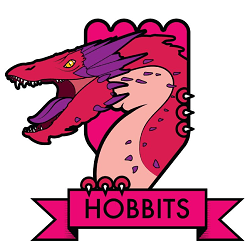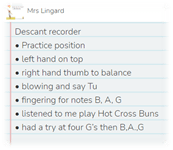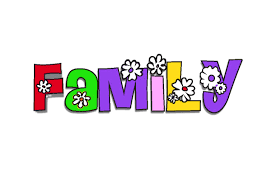Emotional Literacy
This year we are learning about our emotions and how these impact our actions and learning. Our classroom has a calm area that anyone can access when they are no longer feeling green. Green means we are calm, focussed and content. We have read a range of books that have introduced different feelings and how these can affect us in different ways. To start our journey with emotional literacy, we read ‘My Monster and Me’ which was about a little boy with a worry that got bigger until he talked about it and then it became smaller and didn’t impact on his life negatively. Following this, we made our own worry monsters, so that we knew we could tell our worries to stop controlling us.
Moving forward, we have individual wellbeing check-ins on our desk. We have different emotions we can track and when we begin to feel yellow, red, or blue we know what to do to return to green.
Maths
In Maths, we have been focussing all of our learning around Place Value. We have covered the following areas:
- Reading and writing numbers to a million
- Identifying the value of any digit in a number up to 6 digits
- Comparing numbers to a million
- Making number patterns
- Rounding numbers to the nearest 10, 100, 1000, 10000 and 100,000
We have used lots of practical equipment this half term to aid our learning with dedicated Friday sessions to ensure we are embedding the skills we have learnt over the week. We have continued to use mathematical tools to help us with our learning, especially our number lines, number squares and our rulers.
English
This half term we have been reading the novel ‘I was a rat’ by Phillip Pullman. We were instantly fascinated with where Roger came from and why he claimed to be a rat. This story led us to question how the media has an impact on public opinion as well as what entertainment looked like over two hundred years ago. We discussed how people treated others who they perceived different and how this looks today in the form of social media. We have used illustrations, including map drawing also known as cartography, to demonstrate our understanding of the story. We have begun to use the skill of P+E to answer comprehension questions and used role play and drama to unpick significant parts of the story.
Our writing from this novel included a letter, diary entry and description. We have been focussing on our use of vocabulary and formal language. We have particularly focussed on the purpose of a piece and how it can appeal to the reader.
Geography
This half term our enquiry was ‘Why is Fair Trade fair?’ Our first ancillary question led us to a discussion about roads and how important these are in our lives. We looked at a photograph of a steep, windy road and had to speculate where it was and why it was considered the most important road in the world, 2000 years ago. We discussed transport options and why it would have been difficult to navigate this terrain. We discovered that this was part of The Silk Road, one of the most famous trade routes in the world. We found out that China produced a very valuable commodity called silk and that merchants travelled to collect it to sell in different countries. To develop our atlas skills, we tried to make a list of all the countries the road passed through, there were a lot!
Moving on, we learnt about Marco Polo and his journals. We listened to a description of an animal that he had seen and had to try and draw it. As we enjoyed this activity so much, we watched a clip of an unusual creature and created our own description in the style of Marco Polo. We used lots of technical vocabulary and remembered that the reader had to be able to imagine this creature, just like when we had to draw what Marco Polo had described.
Now that we had understood the history of trading, we moved on to modern day trading especially between China and Britain. We have learnt key words such as ‘export’ and ‘import.’ We linked this to current events – the struggle for delivery drivers and the impact it is having on people in 2021. We discussed that working environments and how the law has a huge part to play to ensure work places are safe and the employees are looked after and how this was different in the past.
Our final ancillary question took us to Fair Trade and what it means. We learnt about what a non-fair-trade farm looks like and how this is different compared to a fair-trade farm. We focussed on why we should buy Fair Trade bananas and how this helps local communities in St Lucia. We spent time making posters to answer the question ‘Why should we buy Fair Trade Bananas?’
Science
In Science, our topic has been ‘Properties and Changes of Materials.’ We began by discussing lots of different types of materials that we had in front of us. They had been labelled with different vocabulary and we had to work out what each word meant from the object it was attached to. These words were ‘impermeable, opaque, translucent and absorbent.’ Through discussion, we also discussed the properties of these materials and what they could be used for.
Our next lessons focussed on making a prediction. We had a number of materials and we had to predict whether they would dissolve or not. We learnt the words ‘soluble and insoluble’ and included these in our predictions. We planned our Fair Test altogether and then began! We had salt, flour, chalk, sugar, coffee, and sand. We used the same amount of water for each and kept a record of our results.
After this, we moved on to separating materials and whether we were able to and how we could do it. We used a magnet to separate paper clips from rice, filter paper to separate sand and water and a sieve to separate raisons and flour. We talked about why these materials could be separated and that it was a reversible change. We also left some salt in a beaker with water for a week to see how evaporation works.
Naturally, the following focus was irreversible changes, using our Learning Organisers, we able to identify some processes that would not allow a material to return to its original state – burning and rusting. We also found out that if we mix bicarbonate of soda and vinegar, this was also an irreversible change.
PE
In PE, we have been able to attend swimming on a weekly basis, where we have mostly focussed on confidence, being able to float, jump in and push off. Lots of us managed to get our 5 and 10 metre certificates and a couple of us got our 50 and 100m! In school, we have been learning how to effectively pass a ball in a game of netball as well as defend and attack appropriately. We built our skills up, including how to pivot, bounce, chest and shoulder pass a ball. We have also learnt how to shoot and have strategies that work best for us. We then played full games of netball, putting all of our skills into practise.
Art
In Art, we have looked at the work of Giacometti, a famous Swiss sculptor. We analysed his work and discussed what we liked and what we didn’t, we talked about his use of shape and texture and which materials he used and why. We then sketched a sculpture we wanted to make out of clay, in the style of Giacometti. We chose lots of different positions for our stick sculpture. We then used modelling wire and bent this into the shape we wanted before building it up with clay. We created texture using different techniques, some were smooth, some were patterned, and others had used tools to created a face on their sculptures. We then evaluated our sculptures, thinking about what went well and what we would do differently.
Computing
This half term, we have focussed on building our foundation computing skills, such as word processing, touch typing and knowing how to save a file correctly and the parts of a computer. As well as this, we have learnt about online safety and how it is important to be a responsible global citizen online. This learning will stand us in good stead to move on to coding next half term.
R.E.
This half term we have been studying Hinduism.
The children were tasked, theoretically, with taking part in a cross-country race and how they would need to prepare in order to take part and aim to win !
We then had a class discussion about commitment, looked at the meaning for the children to define the word commitment. We discussed how commitment can be so very different for individuals but then very similar too. There is a religious commitment also.
Then we moved on to activities the children committed their own time to and how each of them showed commitment to these activities. This then led onto how the Hindu’s show commitment to God.
We explored a set of Hindu artefacts, watched the Discovery RE link video and spotted the artefacts we have explored in our groups, then watched how the Hindu worship at their Temples or in their own homes in front of the shrine – Hindu worship is called Puja.
We learn how important The River Ganges is in the Hindu Faith. The children found the story of The River Ganges fascinating and remembered lots of facts and were very keen to offer their own opinions.
We talked through the different ways a Hindu can show their commitment to God
|
Hindu’s have many practices that help show their commitment to God They follow the Dharma which is the code for leading your life. They read the Vedas which are the holy books, they guide Hindus in their daily life. Hindus worship God at the temple and at home where they have a shrine. Worship at the shrine is called Puja. Hindus have many artefacts that they use to perform Puja and they also give offerings to God. It is important for Hindus to go on a pilgrimage to the River Ganges. |
The children then created a small ‘concertina book’ to answer our key question – What is the best way for a Hindu to show commitment to God?
Finally, we took part in a class meditation.
Music
The Hobbits have been hard at work practicing their descant recorder skills. Some of us have found it extremely tricky covering the holes with are fingers. But, we persevered and got much better!
We learnt the play ‘Hot Cross Buns’. We followed the notation on the treble clef, noting which musical notes we were playing.
Then we used the notes, B, A and G to write our own group composition before having a go to write our very own composition on the treble clef stave.














































